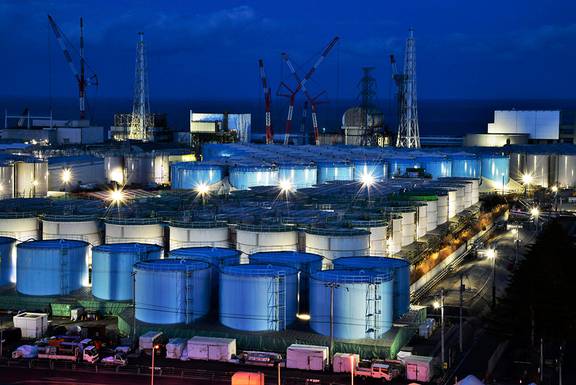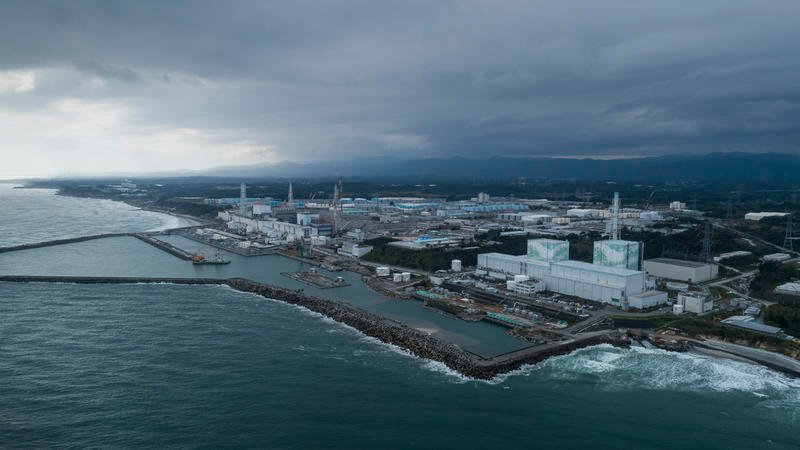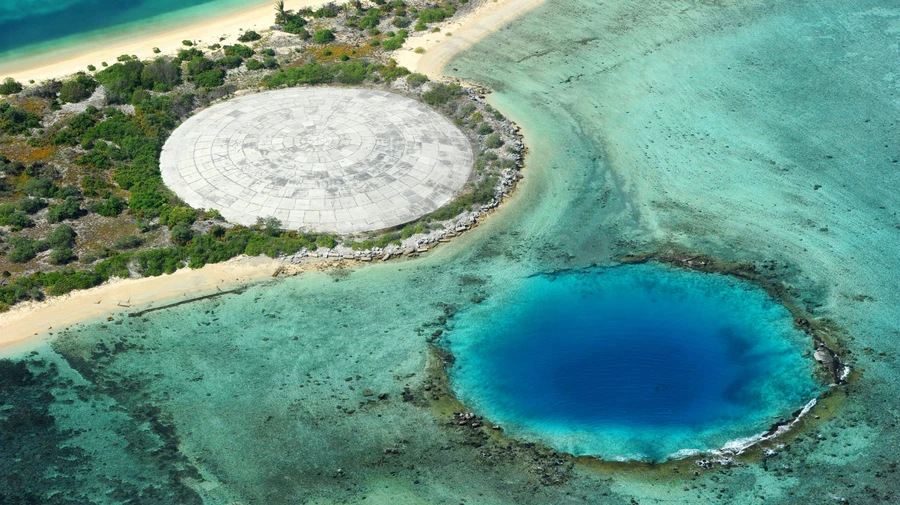Pacific collective opposing to Japans plans to dump radioactive waste in the Pacific Ocean say “Pacific is not and must not become the dumping ground for nuclear wastes”
The Pacific Collective on Nuclear Issues (the Collective) representing Pacific civil society organisations (CSOs) strongly opposes the plans of the Japanese Government and the Tokyo Electric Power Company Holdings, Inc. (TEPCO) to discharge 1.28 million tonnes of radioactive water into the Pacific Ocean from 2023.
The collective refutes the veracity of a number of premises advanced by the Radiological Impact Assessment (RIA) released by the Japanese utility company, TEPCO, on 17 November 2021, to release nuclear materials from the Fukushima nuclear power plant.
The Pacific is not and must not become the dumping ground for nuclear wastes.
Therefore, we reject TEPCO’s RIA on several grounds, as outlined below:
- Objections to the Design of the Radiological Impact Assessment, including the ongoing disregard of concerns raised by Pacific leaders, governments and the Pacific Islands Forum, limited timeframe for public comments and need for an Environmental Impact Assessment in addition to a Radiological Impact Assessment.
- Global Effects on Peoples and the Environment with a specific focus on the Pacific Ocean and Pacific interests safeguarding our environmental stewardship, human health and food security.
- Contravention of Nuclear-Free Pacific International Laws and Treaties that ensure no further harm to the Pacific peoples and environment.

Tanks containing contaminated water that has been treated at the Fukushima Daiichi nuclear plant. Photo: AP
The Collective considers that TEPCO, and the relevant Japanese Government agencies, have wrongly prioritised convenience and costs over the short term and long term environmental and human costs of their planned actions.
The Collective calls TEPCO and the Japanese Government to embark on a comprehensive reassessment of their entire decommissioning plan.
The Collective further believes TEPCO’s plans for using an Advanced Liquid Processing System (ALPS) method to “treat highly radioactive wastewater to safe levels” for discharge into the Pacific Ocean must be abandoned, and an alternative plan developed as a matter of urgency and in principle, to cause no harm to people or the environment.
We recommend the following:
- That the Japanese Government and TEPCO abandon the use of the Pacific Ocean as a dumping ground for its radioactive wastewater from the Fukushima Daiichi Nuclear Power Plant, to ensure that no further harm is caused to the Pacific Ocean, its environment and its peoples.
- The Japanese Government and TEPCO acts in consultation with Pacific leaders and allow an independent expert review to be undertaken and overseen by the Pacific Islands Forum. Furthermore, no proposal for the discharge of such large volumes of liquid radioactive waste should be permitted in the absence of an ocean-wide Environmental Impact Assessment and the collection of relevant radiological baseline data for all areas likely to be affected.
- All appropriate alternative measures are considered by the Japanese Government and TEPCO to prevent, abate and eliminate to the fullest extent possible, the pollution of the Pacific Ocean by radioactive water, including exploring all options for maintaining storage facilities on land for the radioactive wastewater. An urgent comprehensive reassessment of the decommission plan is necessary as the first step. This should include all alternative options for safe containment, storage as well as identification of technologies that can safely treat radioactive material including the radioactive wastewater proposed to be discharged into the Pacific Ocean under the current proposal.
- A better process is designed for consultation as called for by Pacific leaders and regional institutions, between the Government of Japan and its closest neighbours including Pacific Island governments and also ensuring citizens’ participation.
Endorsed by: Youngsolwara Pacific, Marshall Islands Students Association, Fiji Pacific Conference of Churches, Pacific Islands Association of Non-Governmental Organisations and Pacific Network on Globalisation (PANG).
This feature was originally published at PANG on 22 December 2021.




